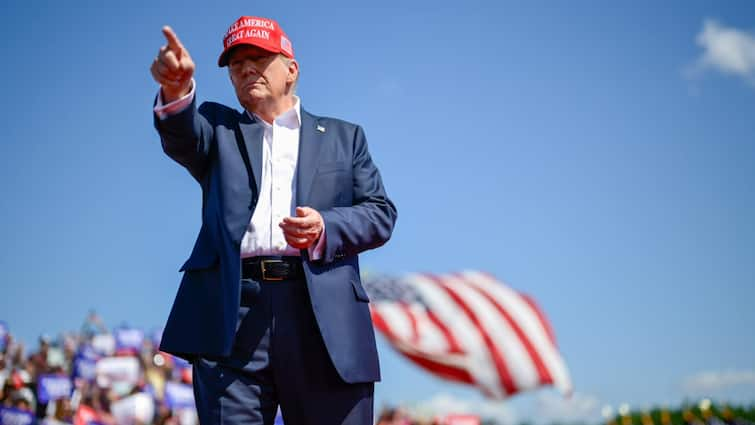US Republican presidential candidate Donald Trump expressed his support for TikTok despite the ongoing threat of a ban if its Chinese parent company, ByteDance, fails to divest its US assets, in a recent interview with Bloomberg BusinessWeek. Trump emphasised the importance of competition, stating, “I’m for TikTok because you need competition. If you don’t have TikTok, you have Facebook and Instagram.”
This stance marks a shift from previous criticisms of TikTok, which Trump had labelled as a potential threat. Last month, Trump even joined TikTok, signalling a change in his approach towards the popular app used by 170 million Americans.
Trump, who has been vocal in his criticisms of Meta Platforms-owned Facebook and Instagram, particularly following his suspension from these platforms for two years after the Capitol Hill riot on January 6, 2021, reaffirmed his stance against banning TikTok in a June interview.
Trump Tried To Ban TikTok Earlier
The Trump administration had previously attempted to ban TikTok and another Chinese-owned app, WeChat, in 2020, although these efforts were blocked by the courts.
President Joe Biden later rescinded several executive orders related to these bans in June 2021.
In the tech arena, Trump holds a majority stake in the Trump Media and Technology Group, which operates the rival network Truth Social. Despite its modest quarterly revenue of around $770,000, the company boasts a market cap of $7 billion.
TikTok’s US Fate Hangs In Balance
Legal challenges regarding TikTok’s operations in the US are set to be addressed in September by the US Court of Appeals for the District of Columbia. These proceedings coincide with the final weeks of the 2024 presidential election, highlighting the significant political and legal implications at stake.
The legislation signed by President Biden in April mandates ByteDance to divest TikTok’s US assets by January 19 or face a potential ban. The White House has cited national security concerns in seeking to sever Chinese-based ownership ties without resorting to an outright ban.
This move was prompted by bipartisan concerns in Congress over potential risks associated with Chinese access to American data through TikTok, sparking widespread support for the legislation just weeks after its introduction in April.

